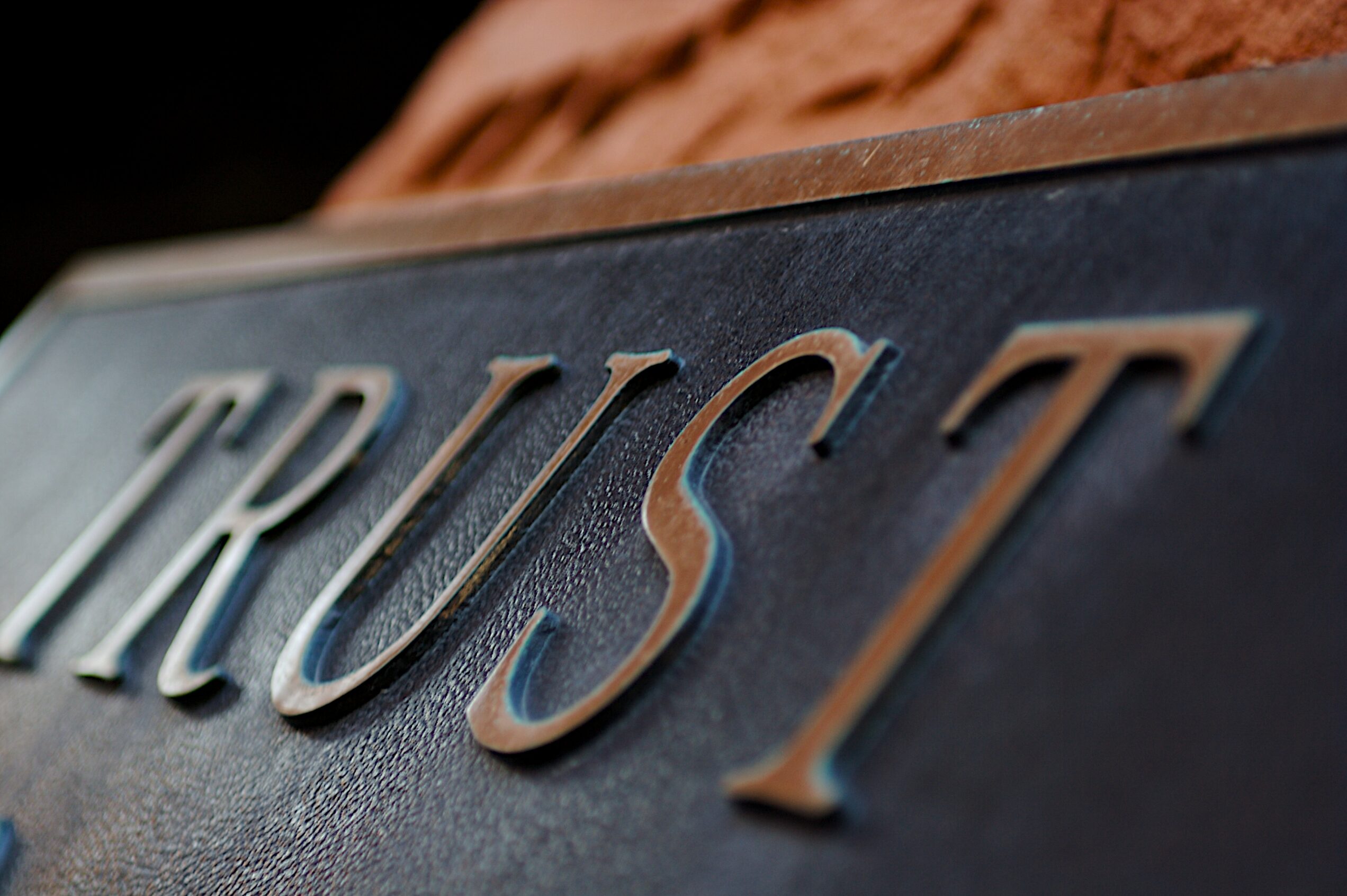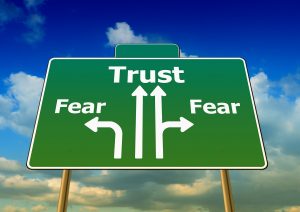
Trust me: 5 Ways to Build Trust and Therefore Boost Your Pay!
An increase in trust may lead to an increase in results–including your pay–at work. What does science say about trust, and how we can build it?
Trust is social glue; sniff it to get happy!
You can trust Dr. John Helliwell. He is one of the world’s leading researchers on trust and subjective well-being. Recent books include Well-Being for Public Policy, International Differences in Well-Being, and five editions of the World Happiness Report (including the recent 2017 report).
Dr. Helliwell says that trust is social glue, and that you can sniff that glue to get happy! That is, trust seems to be a significant factor contributing to our happiness and well-being. The more we trust people and institutions around us, the more we tend to thrive
Trust can boost your pay–and keep you alive!
Consider these compelling research results cited by Dr. Helliwell in a recent webinar to members of the International Positive Psychology Association:
- Increased trust in leadership at work correlated with a 30% increase in pay!
- Most of us have a drop in life-satisfaction during the middle of our lives. But those who trust their immediate superior at work and view them as a partner don’t have that drop in mid-life well-being.
- People are twice as likely to trust each other in Norway than France. Norway has 1/2 the traffic fatalities of France, despite less law enforcement in Norway. If trust might be contributing to a reduction in traffic accidents, what problems could you avoid at work with an increase in trust?
- Increased trust leads to increased resilience for individuals in adversity.
The evidence is clear: trust is valuable. So how can we build more trust at work?
5 ways to boost trust at work.
We can make simple choices each day to boost trust at work. These ideas can get you started:
1. Expect people to be more trustworthy. In a fascinating study in Toronto, Canada, researchers surveyed citizens and asked them what the chances were that they would get their wallet back if they dropped it on the street with $200 cash in it. Participants predicted that less than 1 in 4 wallets would be returned. In fact, 4 of 5 wallets were safely returned with the cash inside.

You probably don’t live in Toronto and you may think people around you aren’t as trustworthy, but the evidence suggests that people are more trustworthy than we think. Simply giving people the benefit of the doubt can be helpful. Trust is contagious, according to Dr. Helliwell. If you trust others, others are more likely to trust you and others around them as well.
2. Get face-to-face and make eye contact. Science is clear that the best way to communicate emotional information and build trust is to get eye contact. The best way to do that is to get face-to-face. If you can’t be face-to-face, use video conferencing so you can see each other. You won’t be able to get true eye contact (because if you are looking at the camera you aren’t looking at the eyes of the other person). But at least you will be able to see each other’s faces.
3. Show each other your Pecha Kuchas! A “Pecha Kucha” is simply a presentation. We’ve adopted this timed, pictures-only presentation to be the best trust-building tool I’ve ever seen in multiple decades of career. I’ve written about Pecha Kucha presentations before, and we’ve got a PowerPoint template with instructions for you to create and share these with colleagues.
4. Have a hallway chat or eat lunch together. Informal communication is key to building trust. MIT’s Human Dynamics lab found that the highest-performing teams communicated frequently and energetically, both formally and informally. One way to nurture informal interactions is to have one lunch room for all employees, and put only big tables in it. Those coming alone can join one of these “community tables” and build trust over a meal together.
5. Hunt for good news and celebrate it. Science encourages us to practice “active constructive responding”. This means reacting to good news from a colleague, for example, with energy, celebration, and questions. Data suggests we can build higher quality relationships faster by being there for our colleagues when they achieve success. So hunt for good news in your office. Ask questions like “What’s the best thing that’s happened to you in a week?” When you get good news, respond with enthusiastic comments and questions, perhaps even a high-five if it’s your style.
If you practice any of these 5 ways to build trust–or other ways you come up with–you will be investing in relationships and results. You and the person you trust will get a lift of positive emotions that lead to better brain function. As a result, you’ll likely see a boost in the bottom line, and perhaps even your salary.
Have you tried any of the above ideas? How did they work for you? How do you build trust at work? What benefits have you enjoyed as a result? Thanks in advance for your comments.